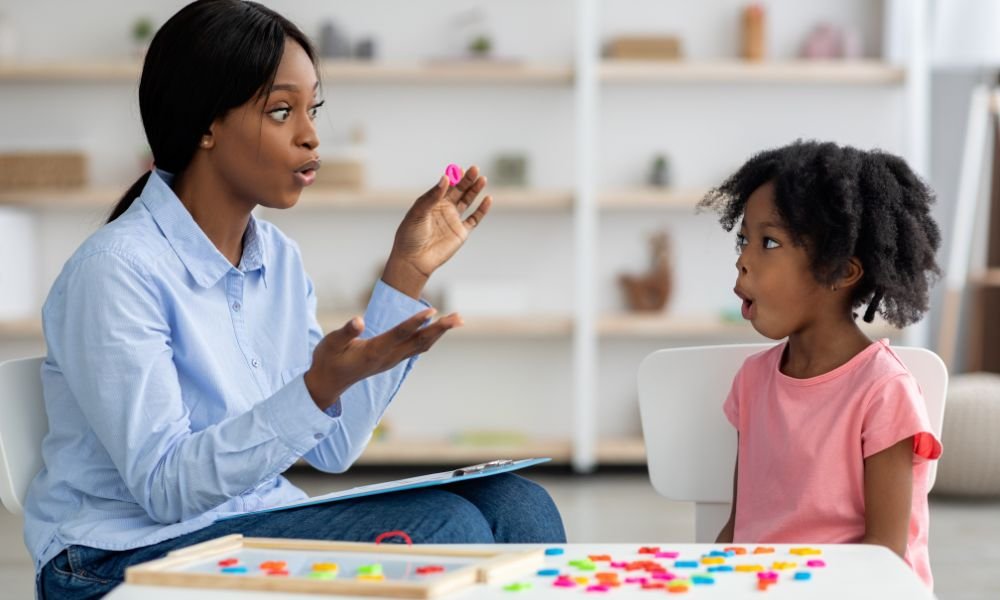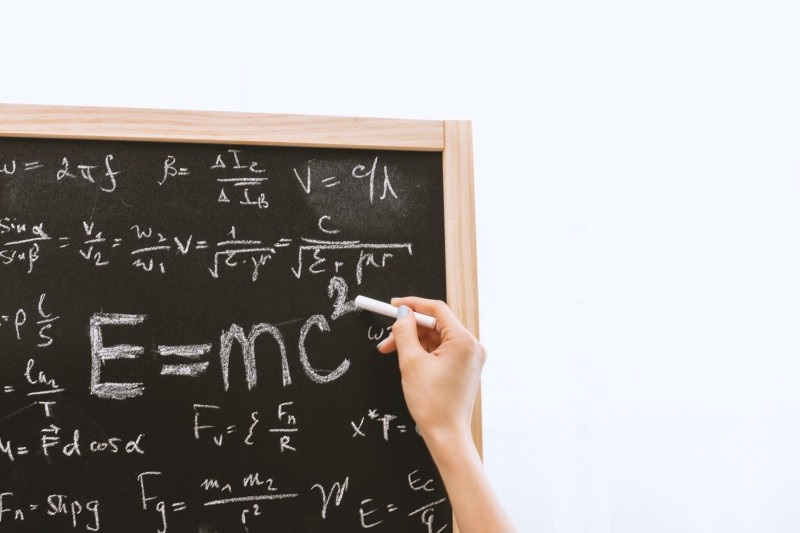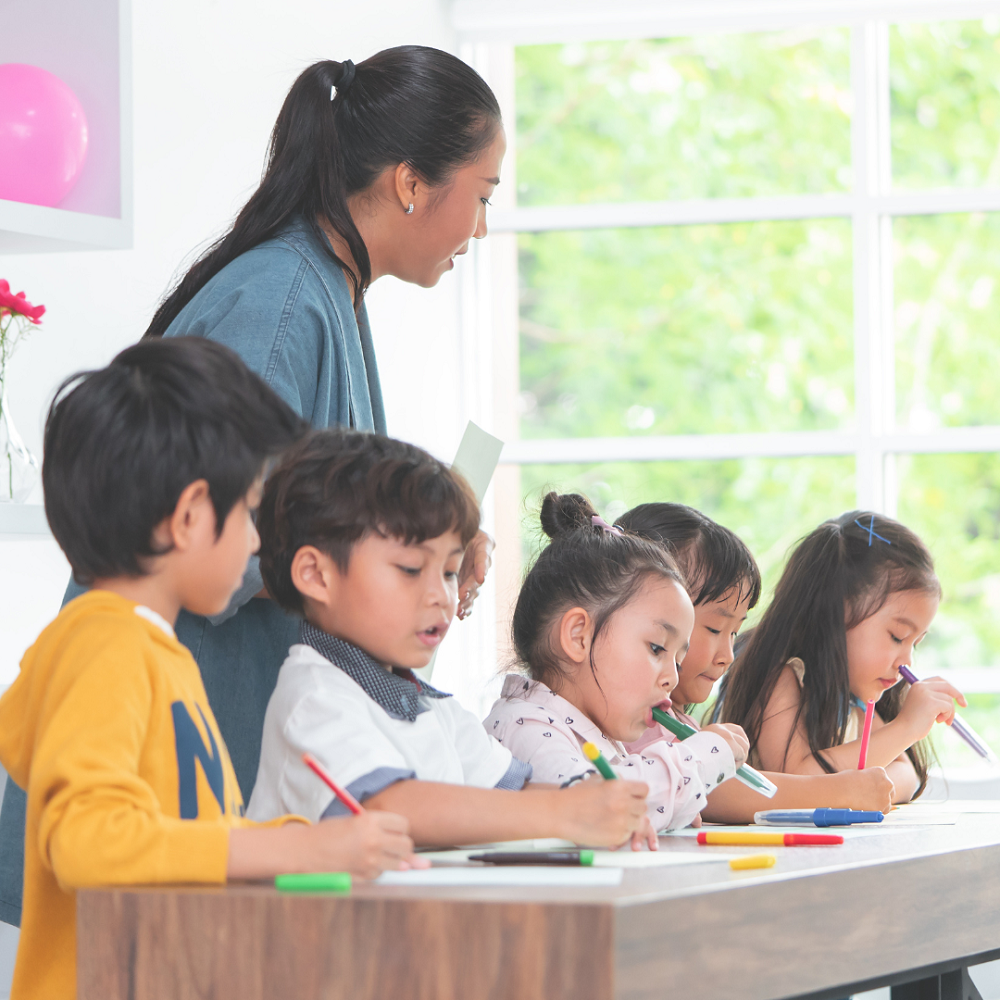Creating an inclusive and equitable education system requires dedicated efforts to tackle the learning challenges faced by students with disabilities. Educators, especially those with specialized knowledge, can significantly enhance their support by understanding and adapting to the unique needs, strengths, and learning styles of these students. It’s highly beneficial to partner with a special education tutor to develop personalized support strategies.
Adopting a Holistic Learning Approach
Recognizing the diverse learning preferences among all students, particularly those with special needs, is crucial. This awareness is especially relevant for special education tutors, who are uniquely positioned to address individual learning differences. Educators, and notably special education tutors, should tailor their curriculum delivery to accommodate each student’s learning style. Employing a mix of teaching methods, including hands-on activities and visual aids, is recommended to support varied learning preferences. This strategy not only benefits students in special education but also promotes inclusive educational practices.
Ensuring Comprehensive Access to Learning Materials
Making sure every student has access to learning resources is vital. Teachers should provide educational materials in various formats and sizes to cater to the different needs of students, including those who are blind or dyslexic and may need assistive technologies for reading. True inclusion is achieved when every student can access information through resources designed for their specific requirements.
Leveraging Assistive Technology for Better Learning
The use of assistive technology in educational settings can greatly enhance the learning experience for students with disabilities. Tools like screen readers, voice-activated devices, and magnification software can significantly improve a student’s ability to reach their academic goals. Educators and special education tutors advocating for assistive technology should strongly support its acquisition and integration.
Cultivating an Encouraging Learning Environment
Motivation is a key driver of commitment and success. Studies by the American Psychological Association show that students who feel valued and supported often experience increased well-being and satisfaction. There is a direct link between student success and the empathy and support they receive. Creating peer support systems that promote collaboration and reduce stigma around unique learning needs can help create a more inclusive classroom environment.
Enhancing Collaboration with Parents
For students with disabilities, collaboration between their parents or guardians and special education professionals is crucial for academic progress. Maintaining open and effective communication channels is essential. Scheduled meetings, emails, and progress updates can keep parents informed about their child’s academic journey. It’s important that all communications with parents of children with disabilities meet accessibility standards.
For instance, a printed report may not be suitable for a visually impaired parent. Instead, an electronic document compatible with assistive technology would be more inclusive. Providing parents, including those of students with dyslexia, with the necessary resources to support their child’s education is vital.
By implementing these strategies with the support of qualified special education professionals, educators can play a key role in fostering the optimal development of students with disabilities. If you need specialized expertise, reach out to your Special Education Resource. We’re ready to help integrate these strategies into a comprehensive plan to enhance academic success.





